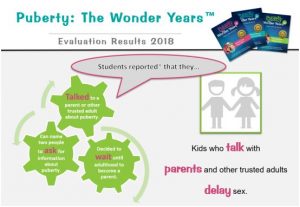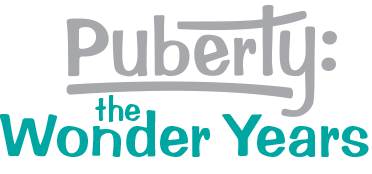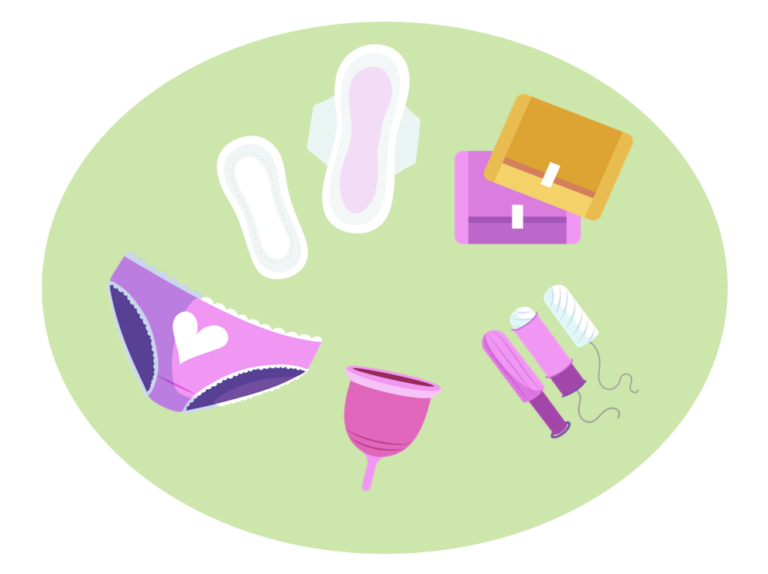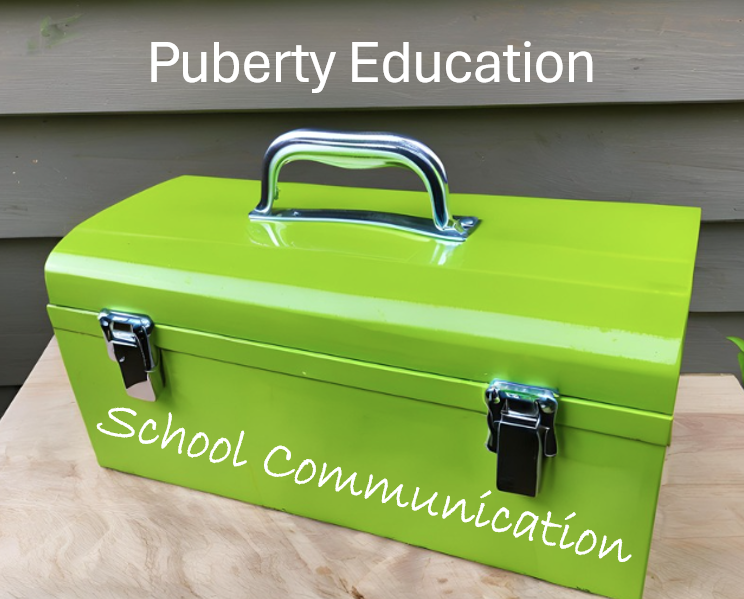Program evaluation is much more than a good idea: It is vital!
Education is all about data-based decision-making, and sex education is no different. When schools allocate precious instructional time, they want to make sure that time is used wisely. So, if sex education takes place in schools, we need to evaluate whether it gets the results it promises. If it does, great! Keep on doing what is working. If it doesn’t, why are we doing it? Let’s look at some benefits of sex education program evaluation. Then, we’ll look at some low-cost strategies that schools can use to evaluate sex education.
Benefits of Evaluation
- Demonstrate transparency and build trust in the sex education program.

- Communicate success stories with stakeholders.
- Document improvements in student knowledge and skills that were achieved through program participation.
- Provide data for securing additional funding or other program resources.
- Make improvements in the sex education program.
- Provide evidence of student success for teachers’ annual evaluations.
Strategies for Low-Cost Evaluation
- Pre- and Post-Tests: By asking students to complete a survey or test before the sex education instruction and again after the instruction, you can document any changes in student knowledge, attitudes, skills, and/or behavioral intentions. These results can be shared with the students, their families, and the school board.
- Teacher Implementation Logs: Having teachers document what lessons are taught and any modifications they make can help you interpret the results of the pre- and post-tests.
- Teacher Surveys: By asking teachers for their impressions of the sex education program and for their suggestions, you can build support for the program and make improvements each year.
- Parent Surveys: To learn what topics to teach in each grade, you can assess parents’ support for sex education and make decisions about the scope and sequence of the sex education curriculum. Following curriculum implementation, survey parents to learn their reactions and any suggestions they might have for program improvements.
- Student, Teacher, or Parent Interviews: Conduct focus groups or individual interviews to gather more detailed information about how the sex education program is working.
Gold-Standard Evaluation
 The highest standard for program evaluation is a scientific evaluation involving randomly assigned intervention and control groups. Since this type of evaluation costs hundreds of thousands of dollars, few programs achieve the title “Evidence-Based Sex Education.” Most of these programs target middle or high school students, and they focus on preventing problems, such as teen pregnancy or infection with HIV and other sexually transmitted infections. Lists of evidence-based programs are available.
The highest standard for program evaluation is a scientific evaluation involving randomly assigned intervention and control groups. Since this type of evaluation costs hundreds of thousands of dollars, few programs achieve the title “Evidence-Based Sex Education.” Most of these programs target middle or high school students, and they focus on preventing problems, such as teen pregnancy or infection with HIV and other sexually transmitted infections. Lists of evidence-based programs are available.
Puberty: The Wonder Years Evaluation Resources
- Student Assessment Surveys (pre- and post-tests)

- Teacher Survey
- Evaluation Infogram
- Evaluation blog
- Evaluation interview with Beth Perez, Health Education Specialist, Lansing School District
Please contact us if you would like to discuss evaluation further or if you’d like to preview Puberty: The Wonder Years.
Puberty: The Wonder Years Research and Best Practice
Puberty: The Wonder Years is based on the following research and best practice:
- Douglas Kirby’s 17 Characteristics of Effective Curriculum-Based Programs, as identified in “Emerging Answers 2007“: Characteristics 1, 2, 4, 5, 6, 7, 8, 9, 10, 11, 12, 13 are strong. Characteristics 14-17 are the purview of the implementers.
- Health Belief Model (adapted), University of Michigan
- Skills-Based Instruction
- Social Learning Theory
- Promotion of parent-child communication and its impact on sexual activity
The curriculum is aligned and correlated to the National Health Education Standards, National Sexuality Education Standards, and Common Core Standards for English Language Arts; and it includes rubrics and other methods for assessing student learning. See correlations here.
Teaching these lessons over three years provides a solid foundation for subsequent implementation of evidence-based sex education at higher grades.
updated 2024-4-11



